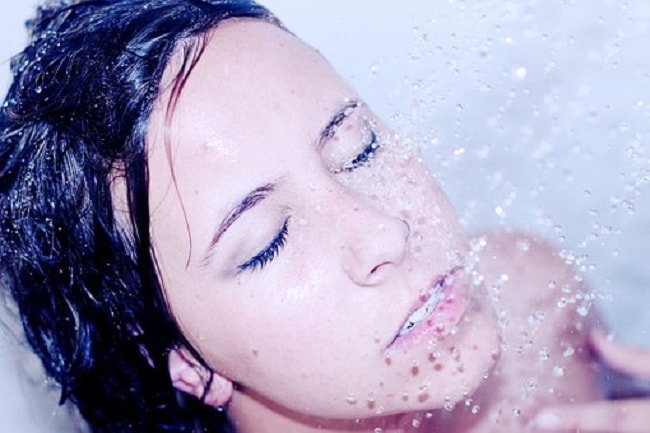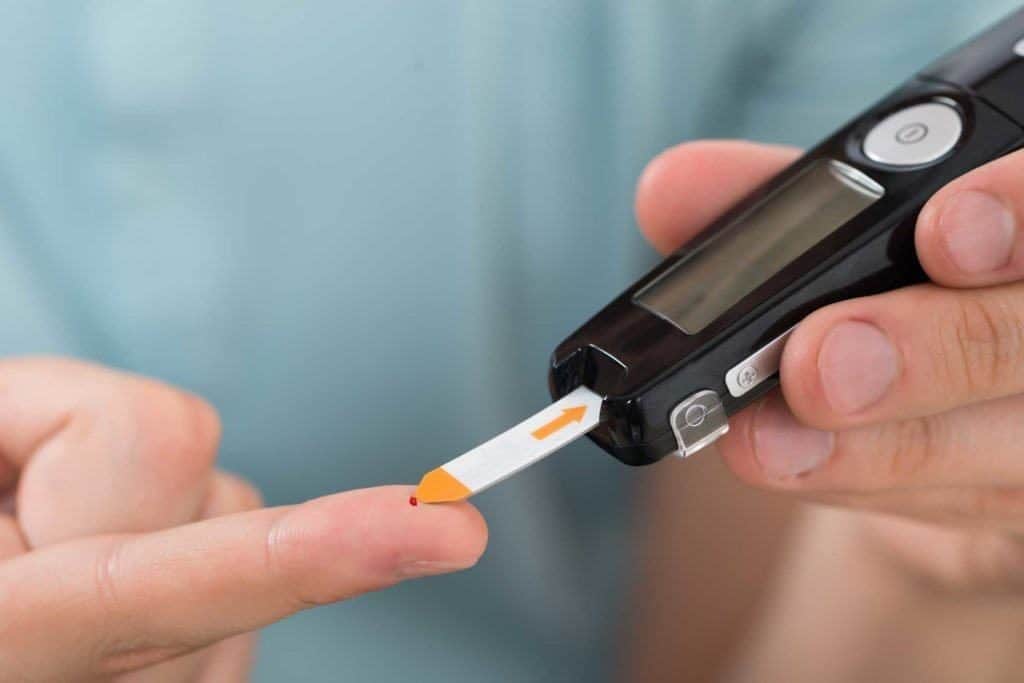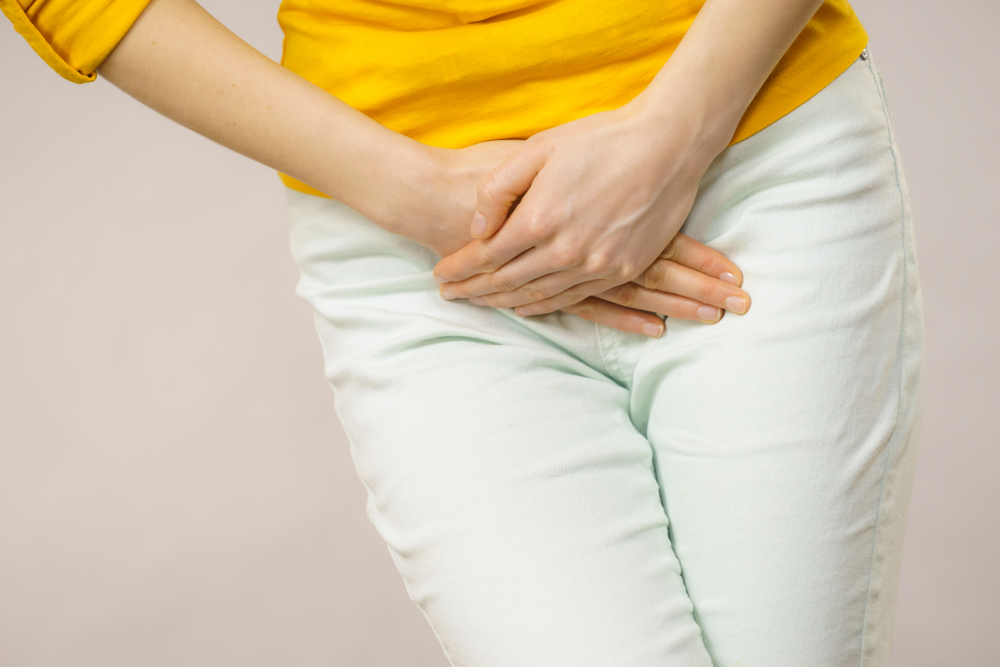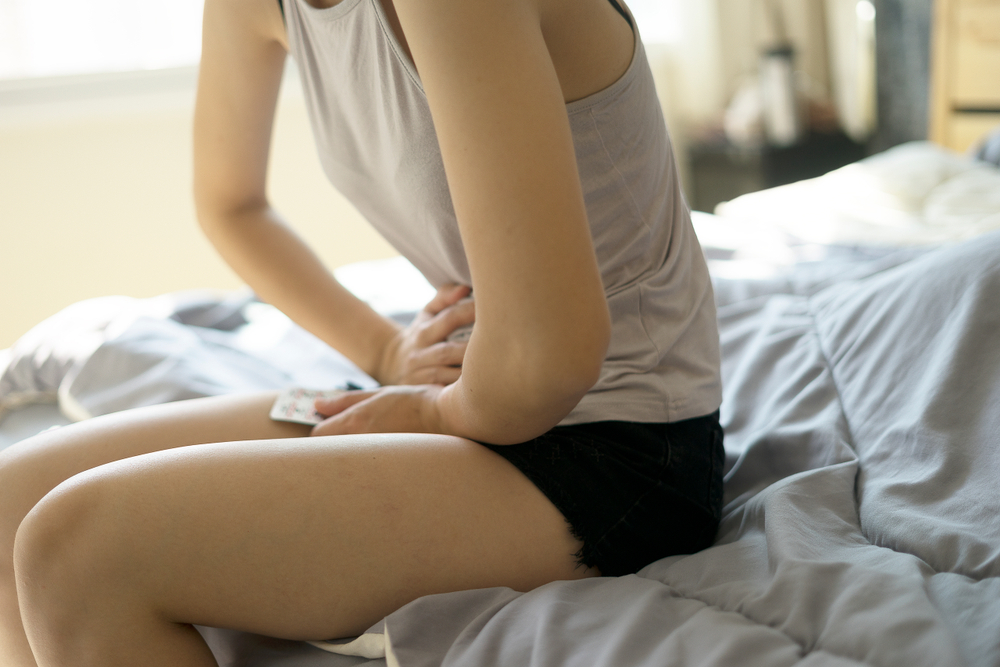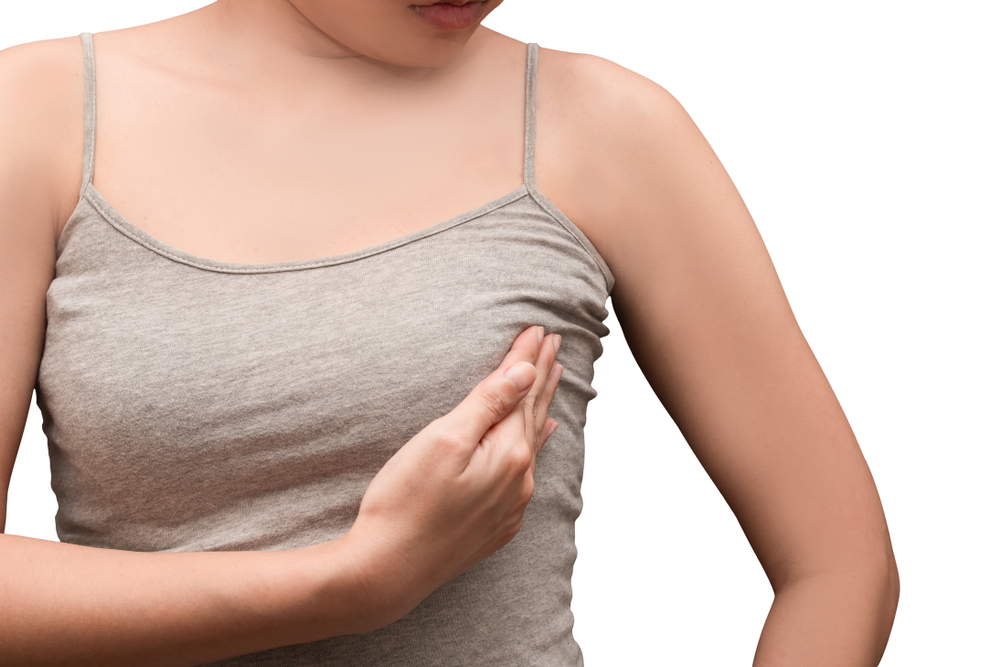Contents:
- Medical Video: How to Use Apple Cider Vinegar for Arthritis Pain
- Night baths make rheumatism, myth or fact?
- Rheumatism is not recommended for cold baths
- What can be done to prevent relapsing rheumatism?
Medical Video: How to Use Apple Cider Vinegar for Arthritis Pain
For Indonesians, most of which is spent in the hot weather, the right portion of the bath is twice a day: once in the morning, and again in the night before going to bed. However, of course you have heard the whisper of a neighbor that a night bath makes rheumatism, aka joint pain, which makes you discourage entering the bathroom. Is that really the myth? Continue reading to find out the facts.
Night baths make rheumatism, myth or fact?
The belief that night baths make arthritis is only a myth. There is no connection between bathing at night with the occurrence or recurrence of rheumatism. Rheumatism itself is an autoimmune disease that causes inflammation, pain, stiffness, and limited movement in joints, bones, tendons, ligaments, and muscles.
Experts argue that the cause of gout and rheumatism in adults is high levels of uric acid. Uric acid is not present in the bath water content. Gout is produced from natural damage to your body's cells and from the food you eat. Too high uric acid levels are generally caused by overeating and consuming foods containing purines, especially red meat, offal, alcoholic beverages, and seafood.
In other words, a nighttime bath does not make arthritis, but you will feel cold.
Rheumatism is not recommended for cold baths
Although bathing is not a direct cause of emergence or recurrence of rheumatism, the habit of taking a night's bath with cold water is still not recommended for those who are healthy or who have complaints of rheumatism or gout Because, changes in cold temperatures can cause shrinking the joint protective capsules. As we get older, the joint protective layer decreases while the lubricant gets thicker at the age of more than 45 years.
This was also confirmed by a professor from the department of psychiatry and anesthesiology, Harvard Medical School, Robert Newlin Jamison. Jamison states that rheumatism can recur during cold weather due to changes in air pressure.
Imagine if the tissue around the joint is shaped like a large balloon with contents in it. When cold water is poured from the shower, the air pressure in the environment decreases and presses the body until the tissue around the joint gets bigger. Enlargement of this tissue makes the joint load increase and then pain appears. Even so, Jamison stated if the theory had not been proven to explain why rheumatism relapsed in the cold. Further research is still needed to find out the exact reasons.
Night bathing can also speed up the body's aging process. This is because when you are cold, your body will experience a stress phase that will increase metabolism and increase blood flow to supply oxygen throughout the body. Enlargement of organ tissue in the body can overload the work of the joint, so that pain appears.
What can be done to prevent relapsing rheumatism?
Choose warm water for bathing at night. Besides being able to fight cold temperatures at night, warm water also helps relax your tense muscles after a day of activity and avoid joint stiffness.
Food factors also play an important role in the occurrence of joint pain. To prevent arthritis, especially gout arthritis, you should reduce consumption of innards, seafoodand alcoholic beverages which can trigger the production of purines which can be converted into gout. And there's nothing wrong if you do light exercise that can reduce the risk of rheumatism.

